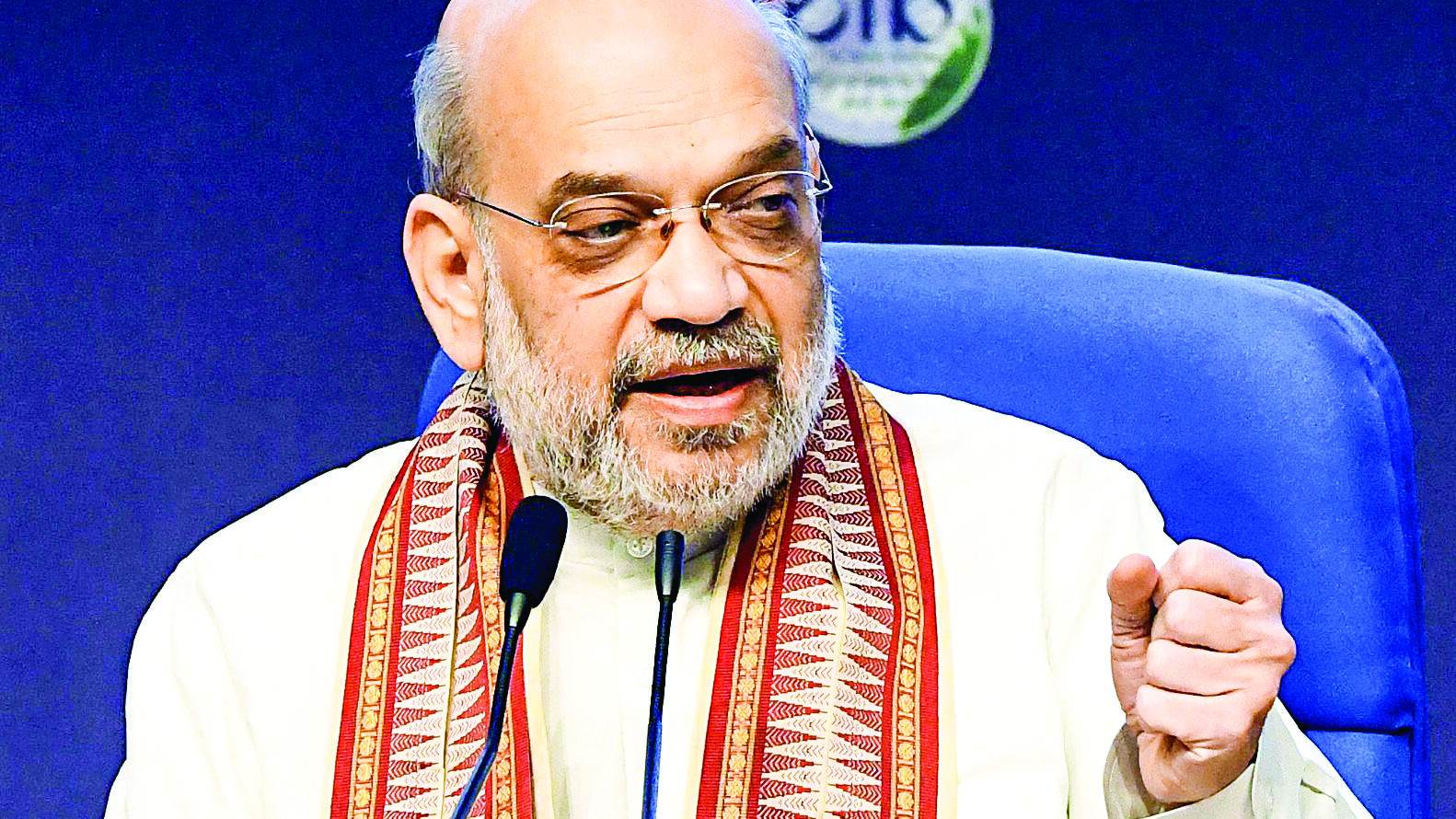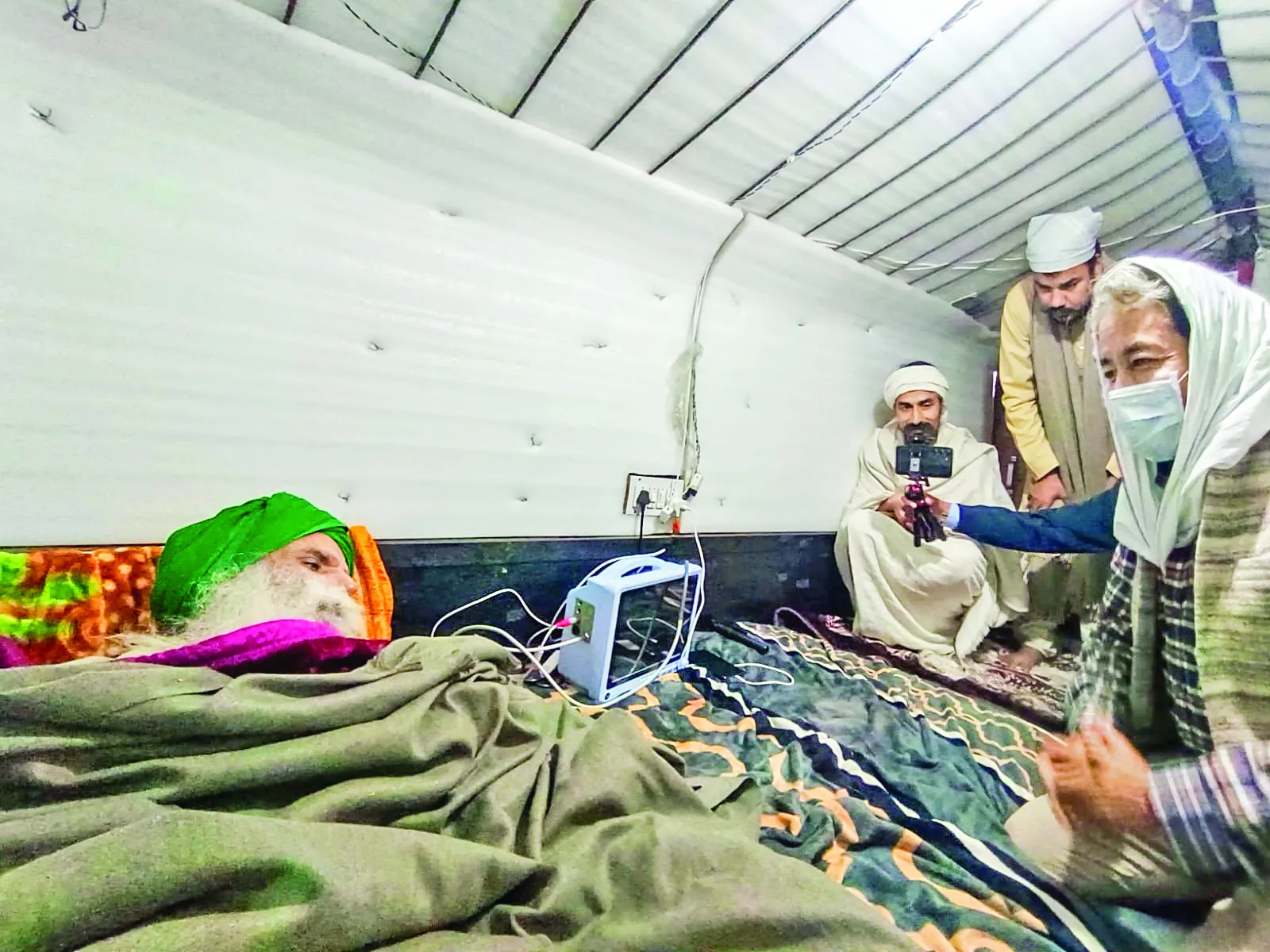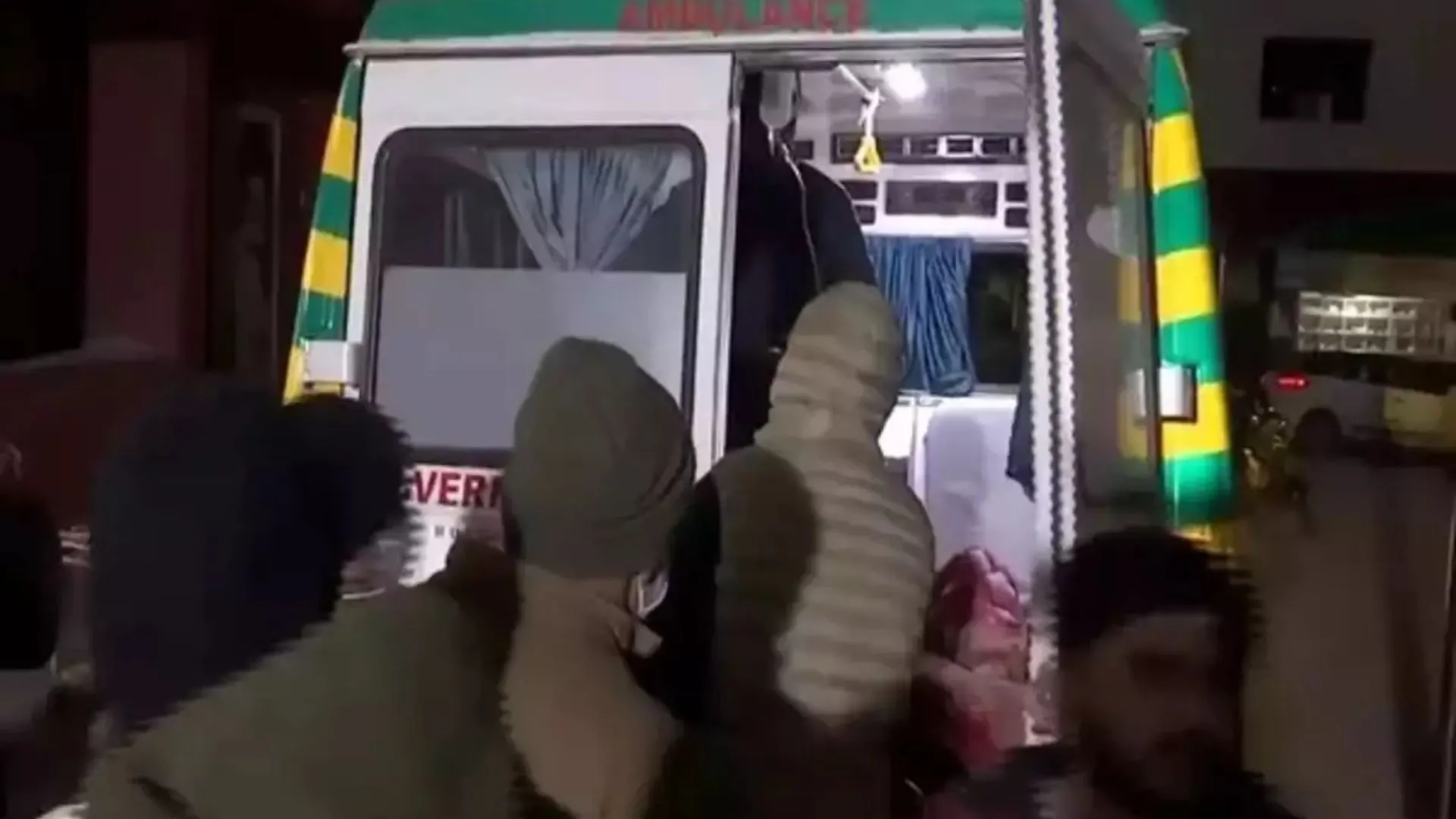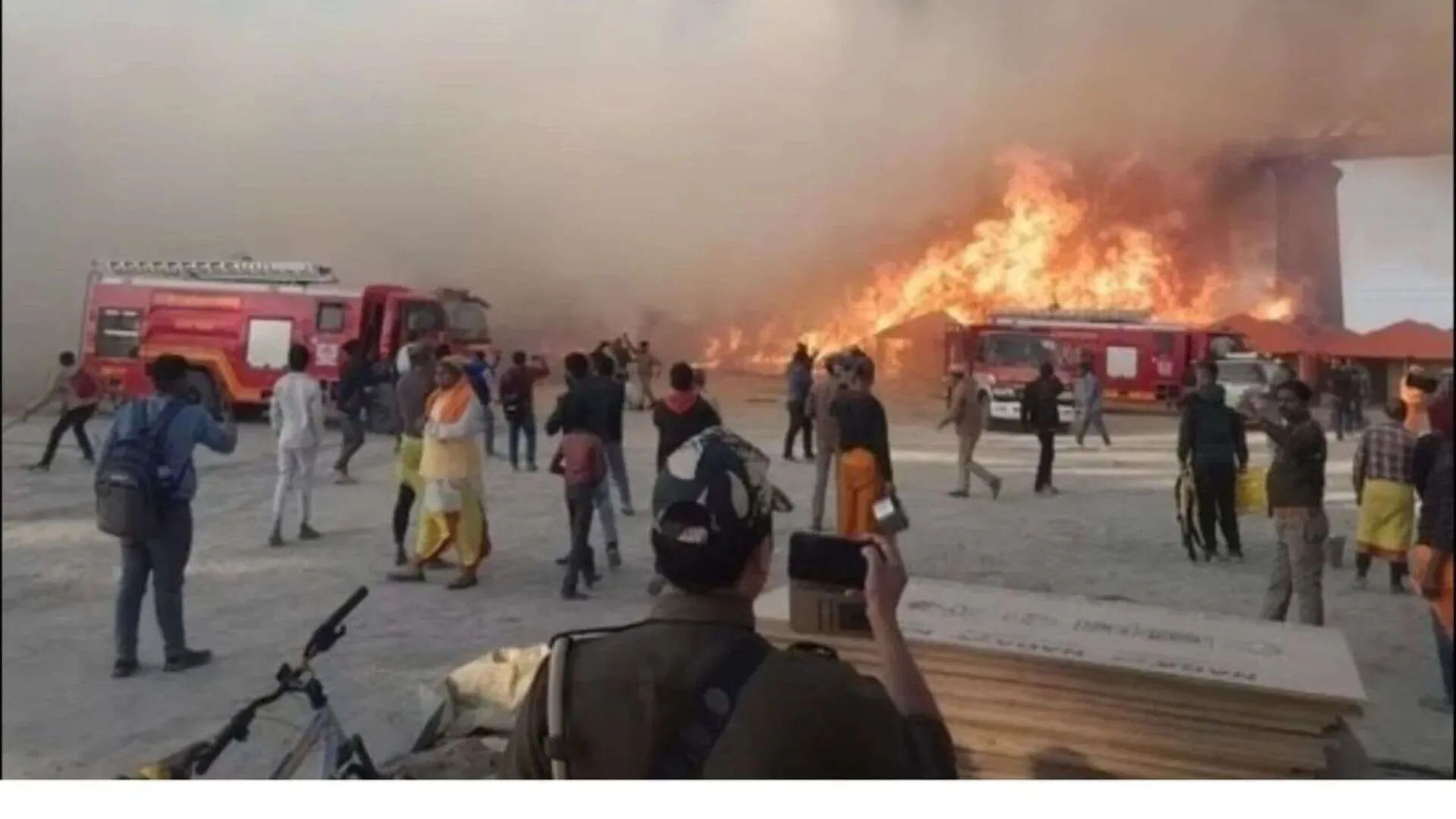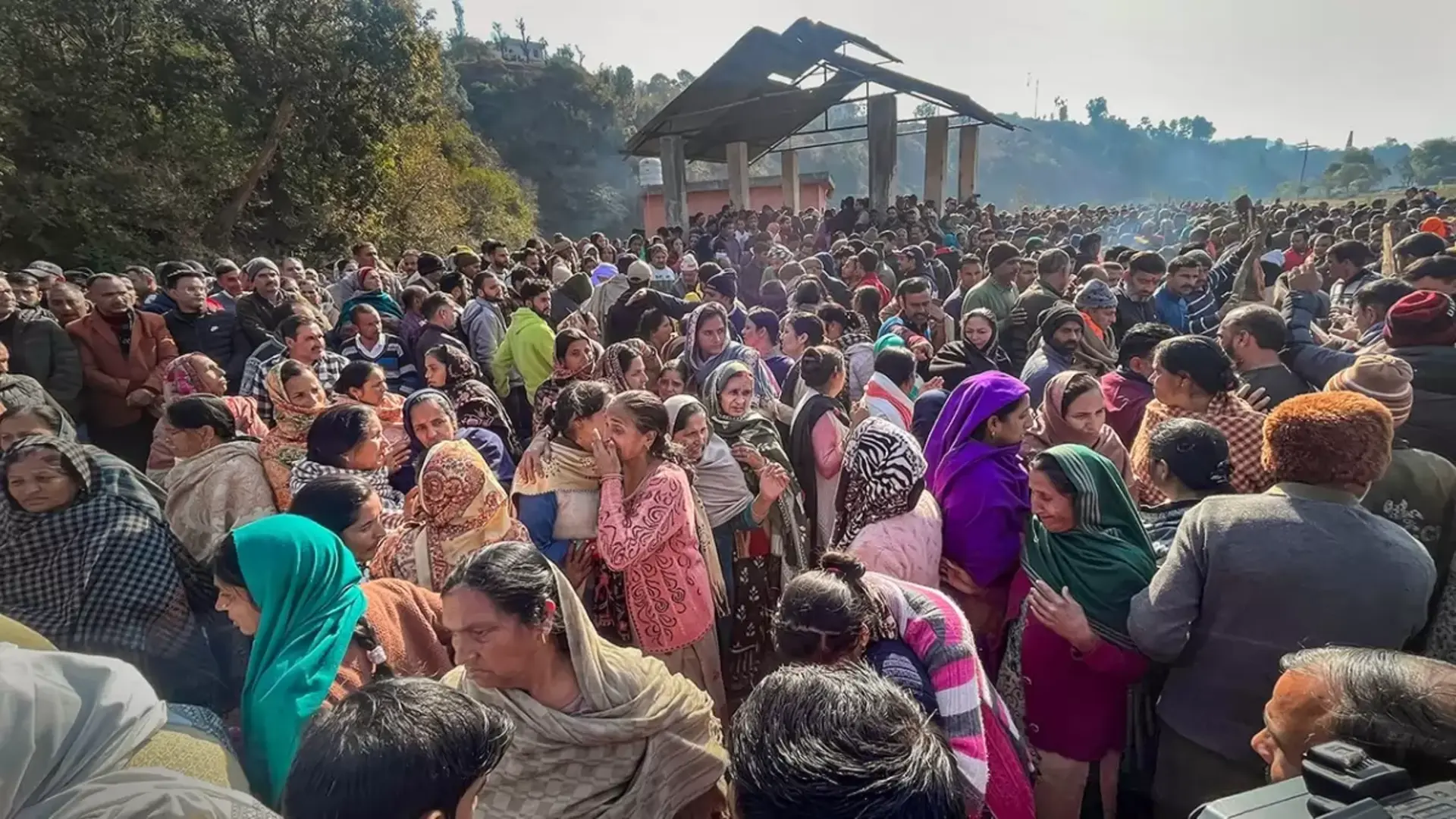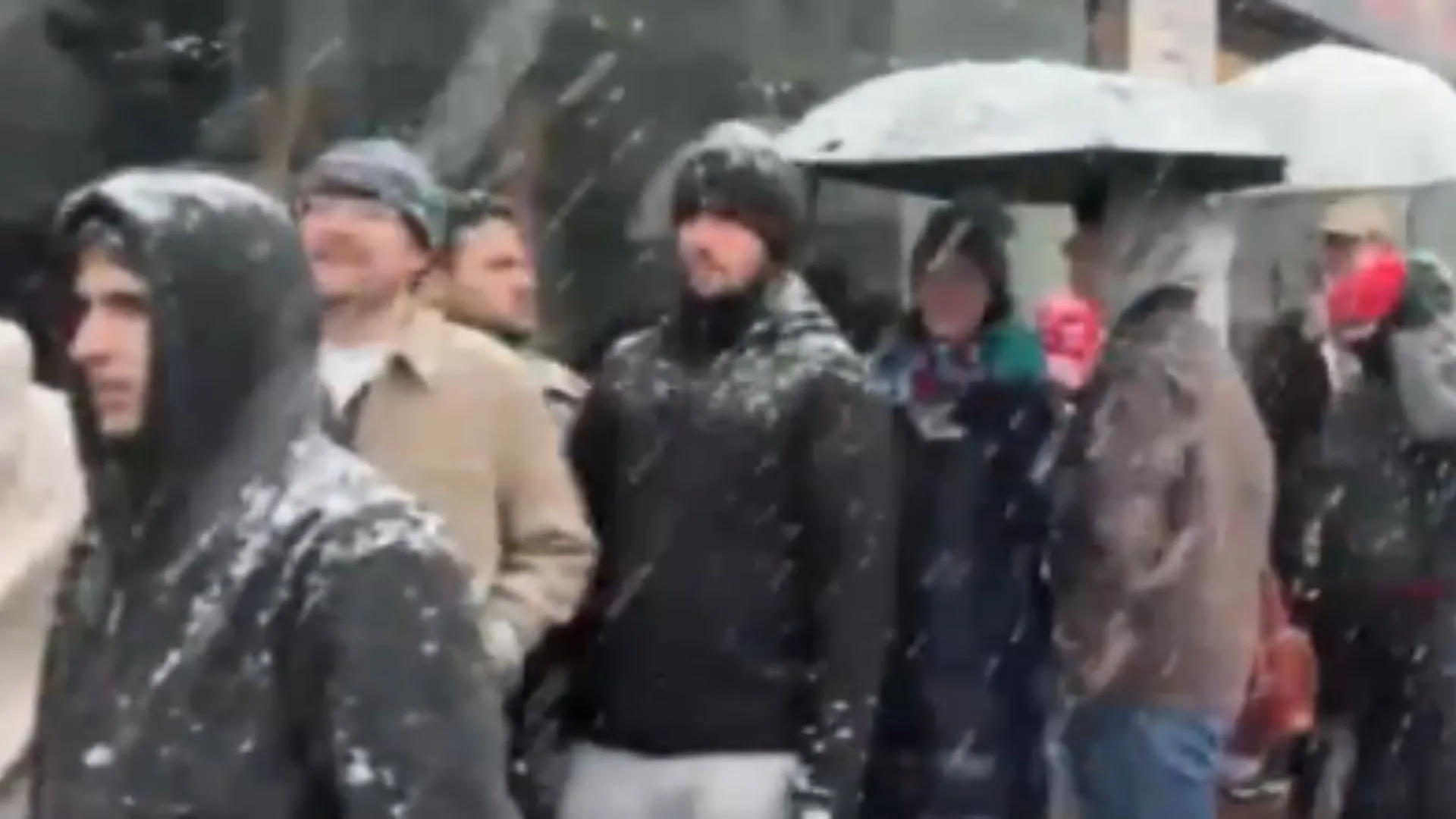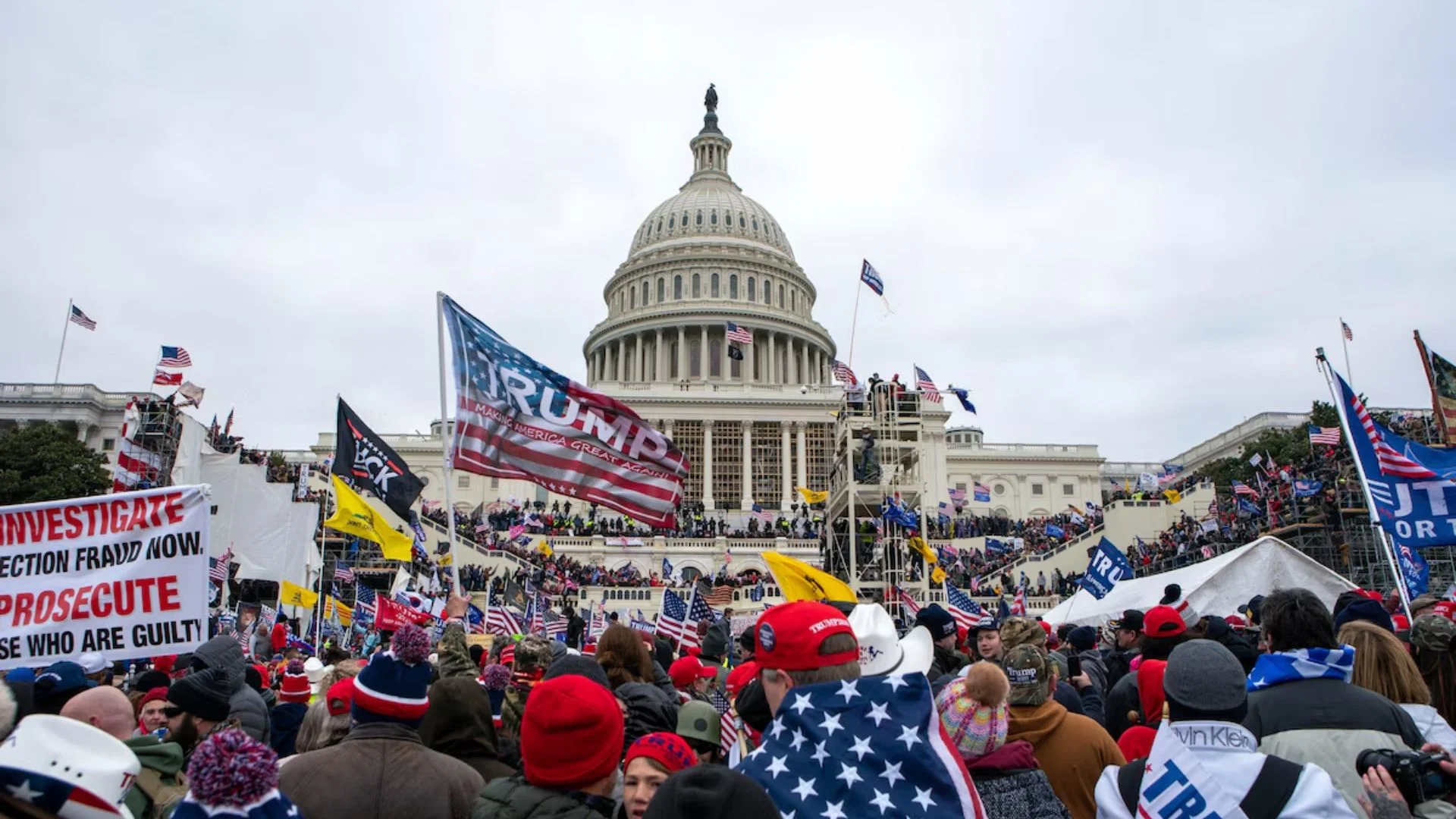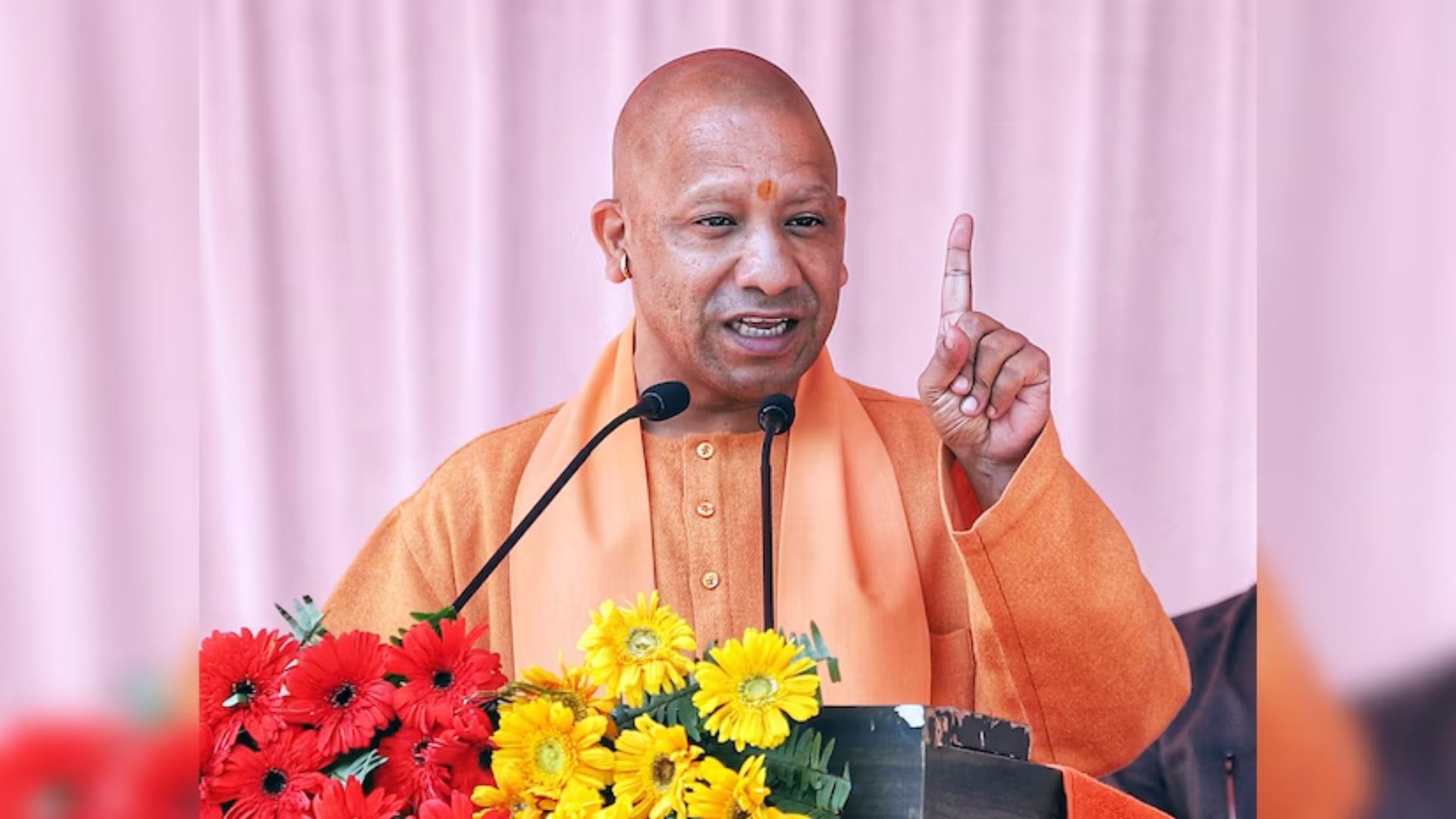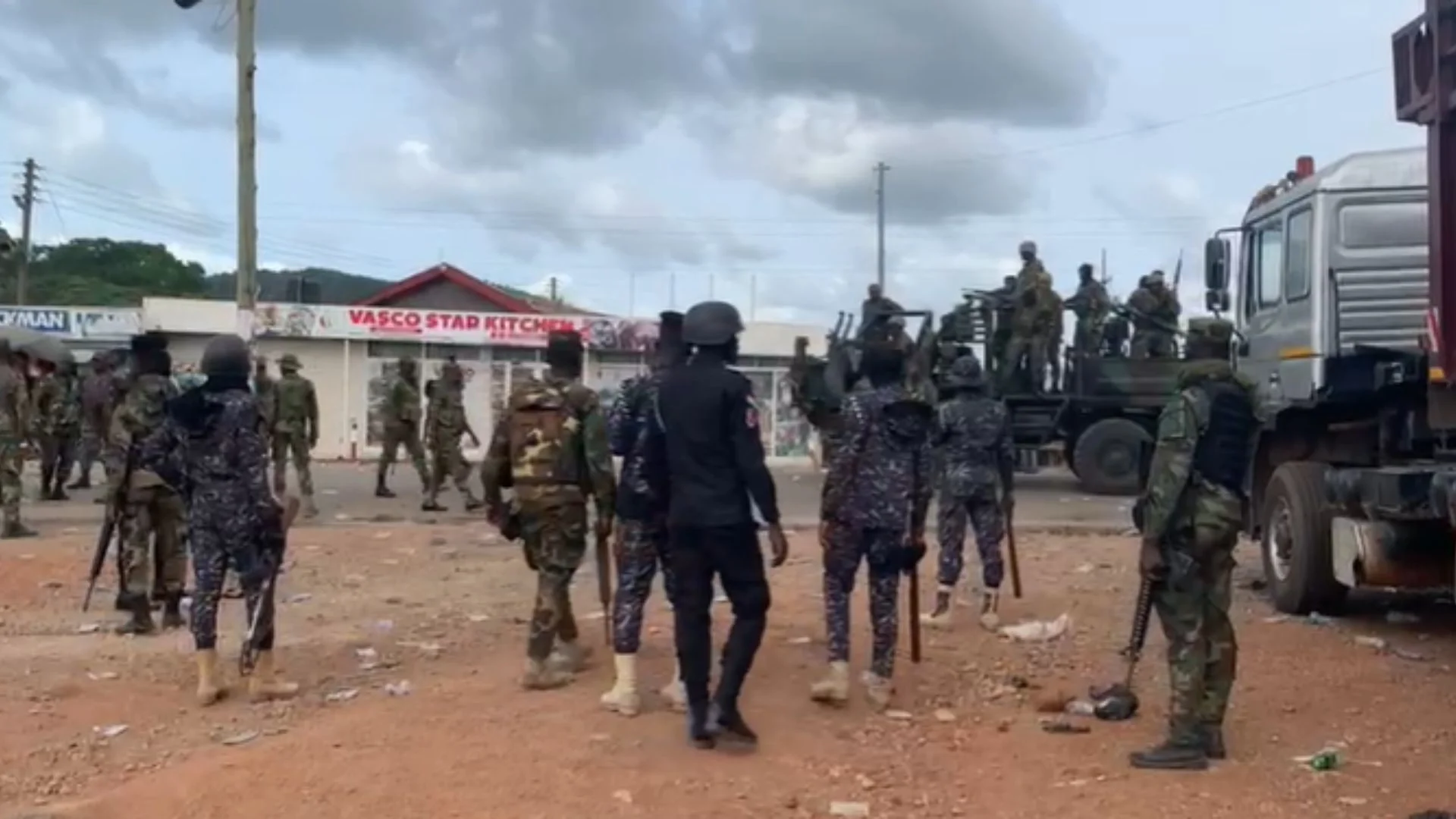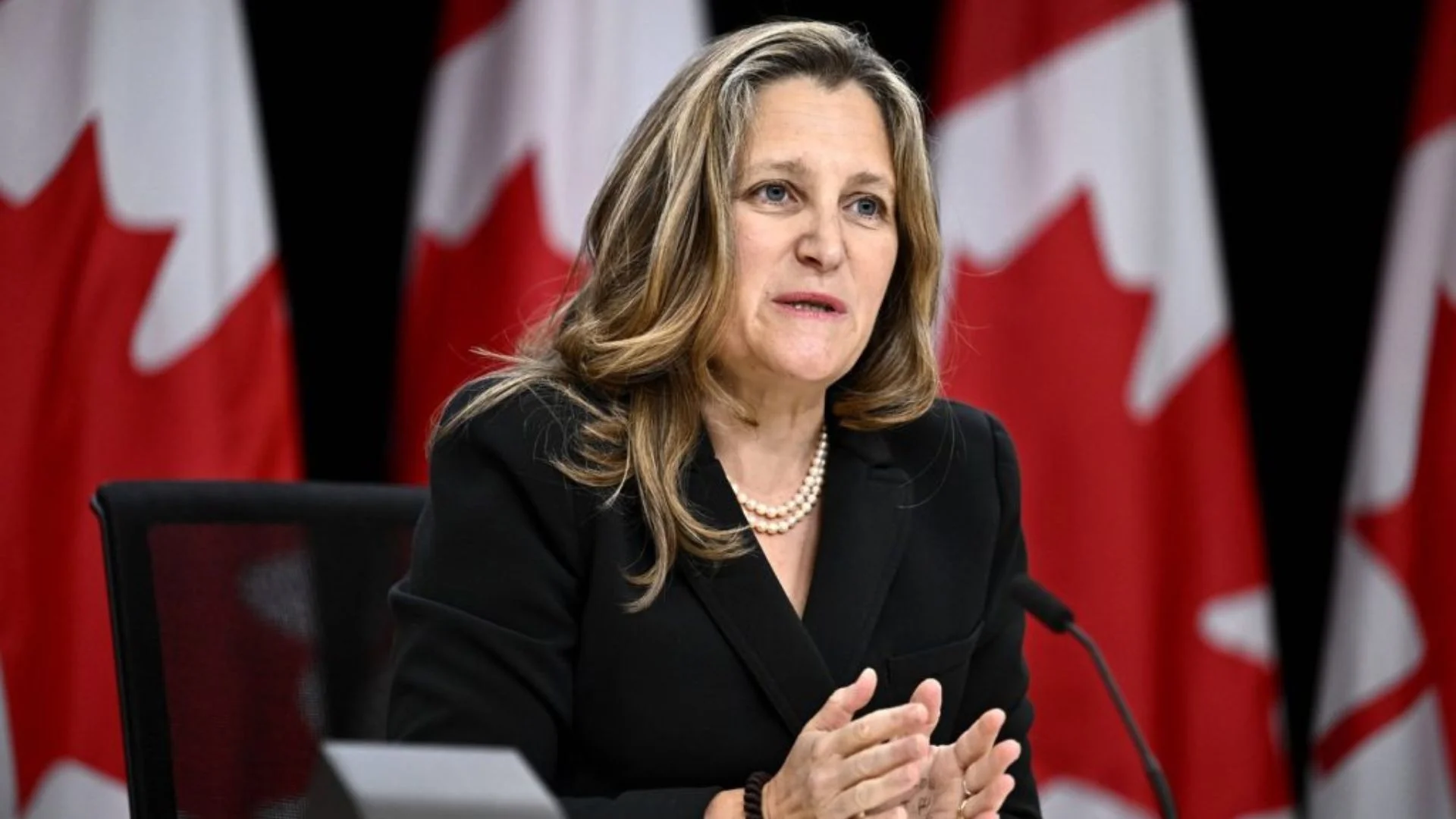Ahead of the upcoming two-day Anti-Terror Conference on Thursday, Union Home Minister Amit Shah highlighted the government’s strong commitment to a terror-free India. He stated that the Modi government follows a “zero tolerance” policy on terrorism. Posting on social media platform X, Shah said, “The Modi govt is committed to building a terror-free India with its policy of zero tolerance. The two-day Anti-Terror Conference, beginning tomorrow, will further enhance coordination among agencies to strengthen Bharat’s security bastion. Looking forward to addressing the conference tomorrow.”
The Modi govt is committed to building a terror-free India with its policy of zero tolerance. The two-day Anti-Terror Conference, beginning tomorrow, will further enhance coordination among agencies to strengthen Bharat's security bastion. Looking forward to addressing the…
Related News— Amit Shah (@AmitShah) November 6, 2024
Focus of the Anti-Terror Conference
The Anti-Terror Conference aims to improve cooperation across government agencies to combat terrorism. Organized by the National Investigation Agency (NIA), the conference seeks to refine counter-terrorism strategies and strengthen security. The Ministry of Home Affairs (MHA) described it as a step toward a coordinated, government-wide approach.
Key Topics for Discussion
The conference will bring together senior police officials, law experts, forensics, and technology specialists to focus on several key areas:
- Strengthening Legal Frameworks: Developing laws to support counter-terrorism and overcome prosecution challenges.
- Using Emerging Technologies: Discussing how new technologies can aid in counter-terrorism and the challenges they may bring.
- Boosting International Cooperation: Enhancing global partnerships to dismantle terror networks within and beyond India.
The MHA highlighted that the conference will create synergies among agencies, promoting a “whole of the government” response to terrorism.
Conference Participants
The conference will include senior police officers from states and Union Territories, officials from central agencies, and experts in related fields like law, forensics, and technology. These participants will share insights to help shape effective policies for future anti-terror initiatives.

